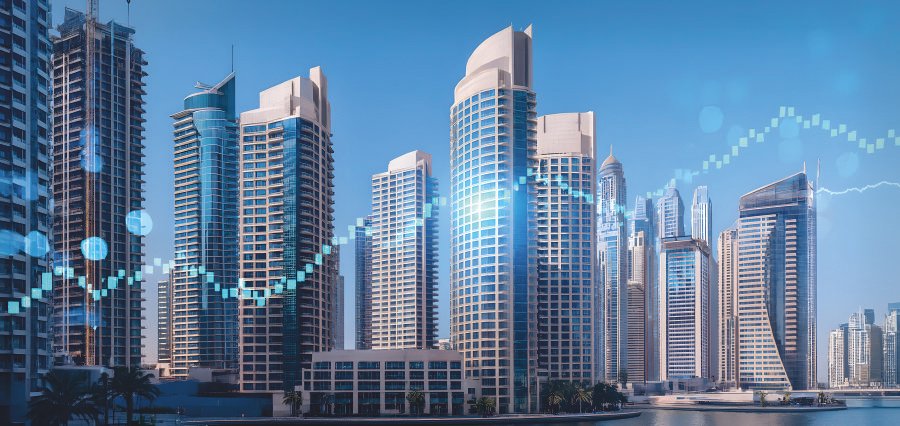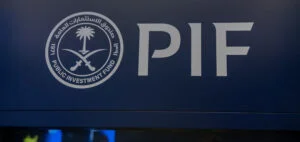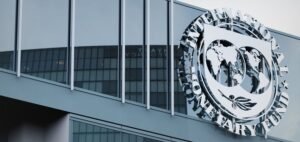Prime Highlights:
- Saudi Arabia’s non-oil private sector saw robust expansion in October, with the PMI climbing to 60.2, one of the strongest readings in over a decade.
- Strong demand, job creation, and increased production are driving business optimism, reflecting the success of Vision 2030’s diversification goals.
Key Facts:
- The PMI rose from 57.8 in September to 60.2 in October, signaling accelerated growth across key sectors, including trade, services, and manufacturing.
- The Kingdom’s GDP is projected to grow by 5.1% in 2025, driven by sustained non-oil sector momentum and rising foreign investment.
Background
In October, Saudi Arabia’s non-oil private sector saw strong growth, with the Purchasing Managers’ Index (PMI) rising to 60.2. The latest survey by Riyadh Bank and S&P Global showed that the private sector in the Kingdom experienced a significant upturn in business activity, which was eased by increased demand, new jobs and the production of goods and services.
The index, up from 57.8 in September, shows the country’s economy remains strong as its Vision 2030 reforms push for less reliance on oil. Saudi Arabia’s Minister of Economy and Planning, Faisal Alibrahim, recently said the Kingdom’s GDP is expected to expand by 5.1% in 2025, led by non-oil growth.
Naif Al-Ghaith, chief economist at Riyadh Bank, said business conditions improved across all key areas, with gains in new orders, output, and jobs. “The PMI reading marks one of the strongest in over a decade and shows the non-oil sector’s continued momentum,” he noted.
The survey showed new orders rising for the third straight month, with 48% of firms reporting higher sales due to improving market conditions and growing foreign investment.
Companies increased their purchases and inventories, and suppliers delivered goods faster, showing that supply chains are strong. However, businesses saw higher costs because wages and bonuses went up.
Looking forward, companies in Saudi Arabia are optimistic, backed by strong domestic demand, ongoing government projects, and investor confidence. “Despite some cost pressures, sentiment remains strongly positive, reflecting confidence in the Kingdom’s continued economic expansion,” Al-Ghaith said.
Read Also : Next-Gen REEV Hybrids Drive Saudi Arabia Toward a Greener Future




